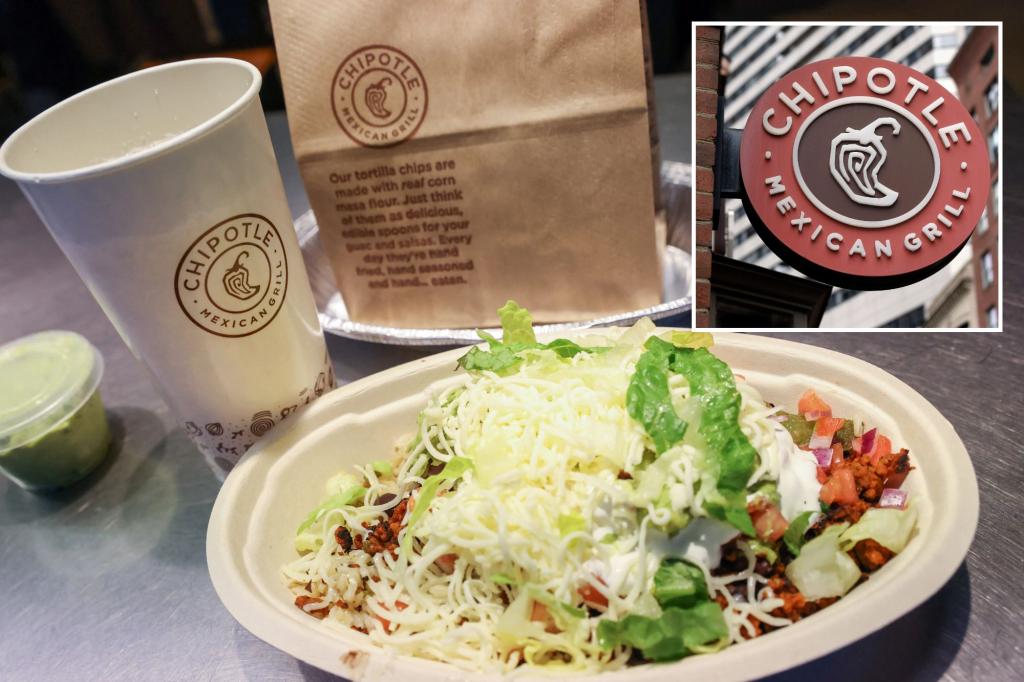Chipotle Mexican Grill faced a lawsuit from shareholders for allegedly concealing information about portion skimping at its restaurants, leading to increased costs on ingredients and a negative impact on the company’s stock price. The lawsuit claimed that Chipotle failed to disclose customer dissatisfaction with inconsistent portion sizes for items such as burritos and rice bowls, which eventually became known through social media platforms like TikTok. This resulted in a decline in stock price that wiped out approximately $6.5 billion of market value after the company reported second- and third-quarter results.
The proposed class action lawsuit seeks unspecified damages for purchasers of Chipotle stock and options from a specific period in 2024. Chipotle did not immediately respond to requests for comments on the issue. The legal action was filed shortly after the removal of the “interim” tag from CEO Scott Boatwright’s job title and Brian Niccol’s resignation as the company’s chief executive to take on the same role at Starbucks. Niccol and former CFO Jack Hartung are also named as defendants in the lawsuit that was filed in the U.S. District Court, Central District of California.
During Niccol’s tenure of nearly 6-1/2 years, Chipotle’s share price increased significantly, more than eightfold. The lawsuit also mentioned that costs incurred to address the damage from the portion skimping issue negatively affected the company’s margins, leading to a decline in stock price. The allegations in the lawsuit pointed out the impact of customer dissatisfaction on Chipotle’s financial performance and overall reputation, causing a significant market value decline.
The legal action against Chipotle highlights the potential consequences of failing to disclose important information about operational issues that can affect customer satisfaction, financial performance, and stock value. The case serves as a reminder for companies to be transparent about any challenges they may be facing to maintain trust with shareholders and customers. In this instance, the company faced backlash on social media platforms like TikTok, amplifying the negative impact of the portion skimping issue and ultimately leading to the lawsuit from shareholders seeking compensation for the alleged damages incurred.
The lawsuit’s focus on the impact of inconsistent portion sizes on Chipotle’s stock price and market value underscores the importance of maintaining operational excellence and transparency in the food service industry. Chipotle’s experience serves as a cautionary tale for other companies in the sector to prioritize quality control, customer satisfaction, and effective communication to avoid potential legal and financial repercussions. The legal action brought by shareholders against Chipotle highlights the interconnectedness of business operations, customer feedback, and investor confidence in determining a company’s overall success and reputation in the market. It remains to be seen how Chipotle will address these allegations and work towards rebuilding trust with its stakeholders amidst this legal challenge.


